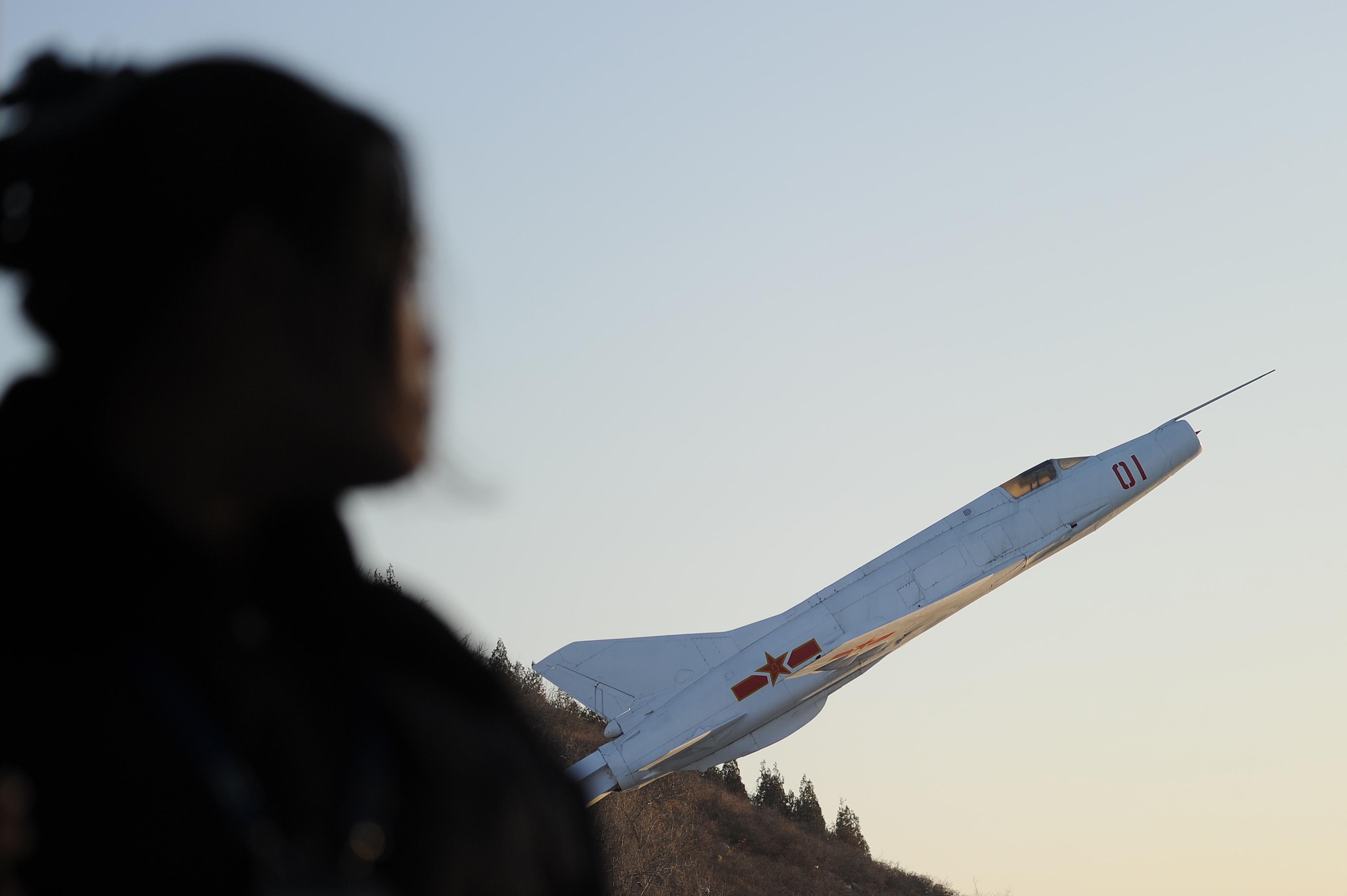In the first move that suggested China was serious about enforcing the new air zone it established last week, it scrambled jets on Friday to monitor U.S. and Japanese planes as they were flying in the area. The jets identified two American surveillance planes and 10 Japanese aircraft. And while there was no hint that the move was hostile, it “ratcheted up tensions in a long-simmering dispute between Japan and China that could lead to a military miscalculation some fear could spiral out of control,” notes the New York Times. This all began last week, when China announced that all aircraft entering the maritime area that covers territory claimed by China, Japan, Taiwan, and South Korea must notify Chinese authorities. Beijing warned it would take measure against those that failed to comply. But the United States, Japan, and South Korea have all said they will not abide by the order. Analysts say Beijing doesn’t actually intend to start any confrontations “but rather is a long-term strategy to solidify claims to disputed territory by simply marking the area as its own,” notes the Associated Press. Still, it could turn into what the BBC’s Charles Scanlon calls “a war of nerves” as the United States and its allies “seek to test China’s true intentions and how far it is prepared to go in enforcing the new zone.” The Washington Post’s Max Fisher wonders why China would impose an air defense zone that seemed clear was going to fail from the beginning. Perhaps Chinese leaders did not anticipate that the United States would come out so strongly on Japan’s side. More likely though, the real answer has to do with domestic policies and boosting the Communist Party’s legitimacy. “Sparking little incidents with Japan is a tried-and-true way to gin up nationalism and get people focused on rallying against Japan,” writes Fisher, “and, thus, behind the Communist Party government.”
China Scrambles Jets to Monitor U.S. and Japanese Planes in New Air Zone

Photo by WANG ZHAO/AFP/Getty Images
Advertisement